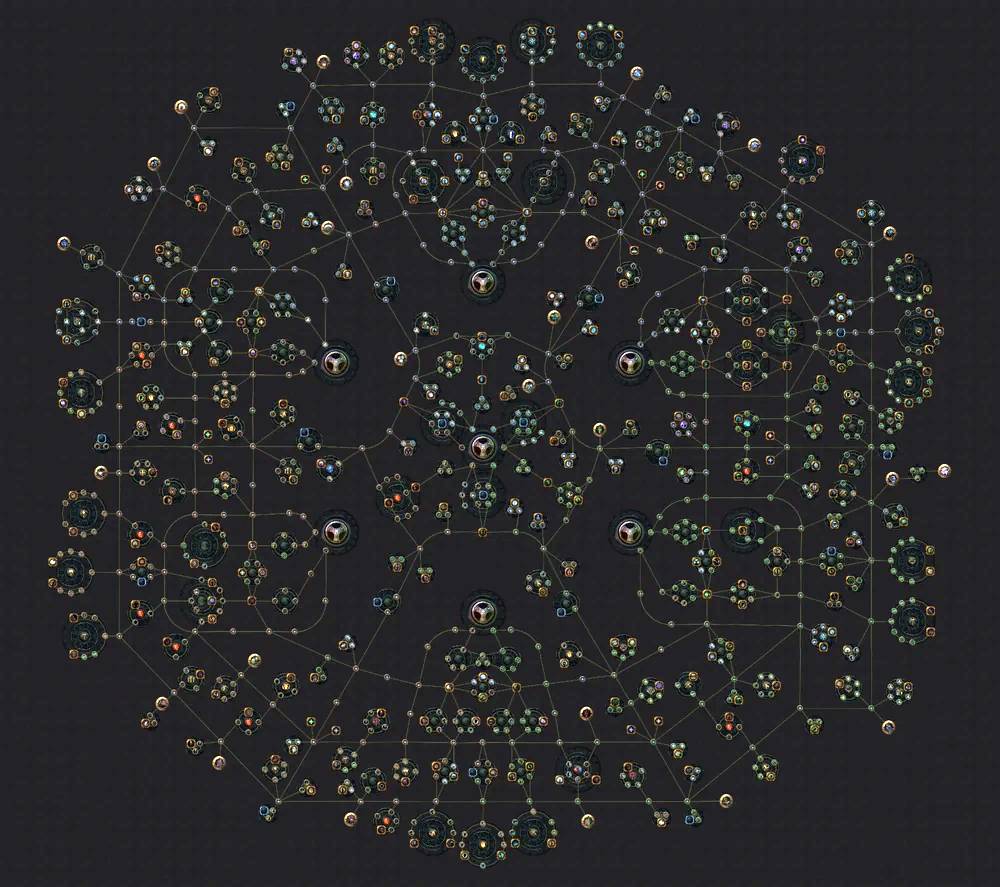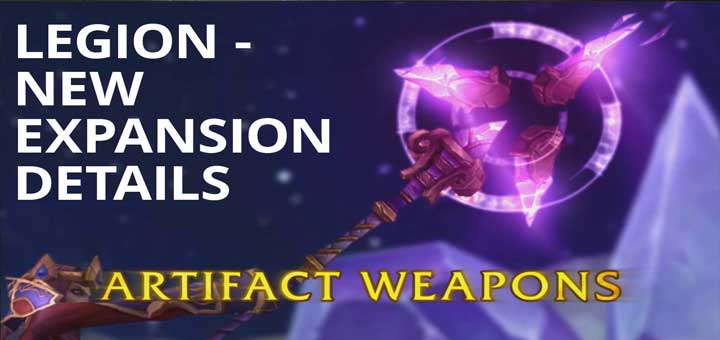Path of Exile is a free online-only action role-playing game developed by Grinding Gear Games. Many fans of Diablo 2 are still recovering from the launch of Diablo 3. So when I heard people calling Path of Exile the game Diablo 3 should have been, I had to check it out.
That first session left me asking a question:
Can a game this complex thrive without alienating the players it hopes to win over?
A Game That Refuses to Hold Your Hand
Right away, it’s clear that Path of Exile isn’t trying to cater to everyone. It’s built around ideas that challenge players — and sometimes even punish them. Here are some key systems that define the experience:
- Passive Skill Tree: With over 1,350 passive skills, the game offers almost endless build possibilities.
- Six Classes: Each class — Ranger, Witch, Duelist, Templar, Shadow, and Marauder — comes with a distinct starting point and playstyle.
- Socketed Active Skills: Your abilities come from socketable skill gems, not the tree itself. Support gems can modify these abilities in countless ways.
- Replayability: Randomized maps, deep PvP options, and build diversity keep the game fresh for years.
- Real Consequences: There’s no easy way to respec your build. Mistakes cost time. Sometimes a lot of it.
It’s all incredibly ambitious. But ambition comes with risk.
The Skill Tree: A Moment of Awe and Fear
Let’s talk about the skill tree.
I don’t think I’ve ever been speechless when opening a menu in a game before. But that’s exactly what happened when I saw the tree in Path of Exile for the first time. It’s not just massive — it’s unapologetically massive.
It’s not a skill tree. It’s a skill forest — and getting lost is easy.
This design gives players an extraordinary level of control over their characters. But with that freedom comes fear. There are no take-backs if you realize 20 hours in that you’ve made poor decisions. And while you can grind to fix mistakes, many players simply won’t.
Customization Comes at a Cost
I respect what Grinding Gear Games is doing here. There’s nothing else like it. But we have to be honest: this level of complexity is intimidating — even discouraging.
Path of Exile demands planning. Not just from the developers, but from the players. If you don’t plan your build correctly, you might find yourself underpowered when it matters most. Bosses don’t scale down to your level. There’s no safety net.
Now imagine someone who played Diablo 2 at launch in 2000. Maybe they were 18 back then — now they’re married, raising kids, working full time. They can’t afford to lose hours of progress to a broken build. That’s not fun. That’s a dealbreaker.
And let’s be real: one thing players hate more than anything else is loss of progression. Even if it’s their fault, it feels unfair.
Who Is This Game Really For?
That’s why I don’t think Path of Exile is meant for the average Diablo player.
That’s not a dig at Diablo fans — I am one. This is about time, not talent. Casual players want to dive in, feel powerful, and log off with progress. Path of Exile demands that you learn its systems, study builds, and accept that failure is part of the process.
This game is built for the kind of player who opens a spreadsheet while they play — and enjoys it.
Why Path of Exile Still Matters
And here’s the twist: that’s a good thing.
The existence of Path of Exile is important for the ARPG genre. It offers a real alternative to Diablo — one that’s different enough to feel fresh but familiar enough to keep Diablo’s developers from getting too comfortable.
Games like this push the industry forward. They remind developers that not every system needs to be simplified or streamlined. Sometimes, players want to be overwhelmed. They want to dig deep. They want to learn.
And let’s not forget — Path of Exile is free-to-play. With no pay-to-win nonsense. That alone deserves praise.
Final Thoughts: The Freedom to Choose
Path of Exile doesn’t want to be for everyone. That’s not a flaw. It’s a feature.
If you’re a hardcore ARPG fan who wants depth, challenge, and long-term replayability, this might be your new obsession. If you’re a more casual player looking for something accessible and forgiving, Diablo still has your back.
Either way, having a choice is powerful.
Path of Exile isn’t afraid to be the complicated sibling in the ARPG family. And honestly? We need that energy.
📌 Changelog
- April 2025: Rewrote sections for clarity, added subheadings, and updated formatting for better flow.
- August 2012: Original article published during Path of Exile’s beta test.






